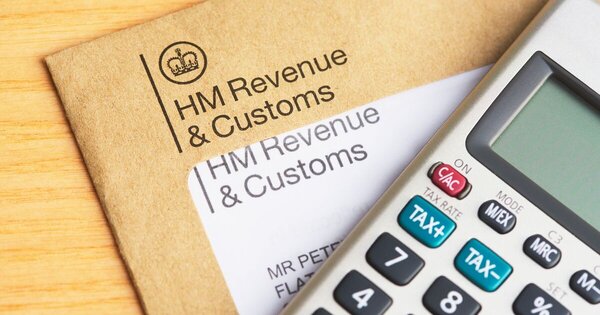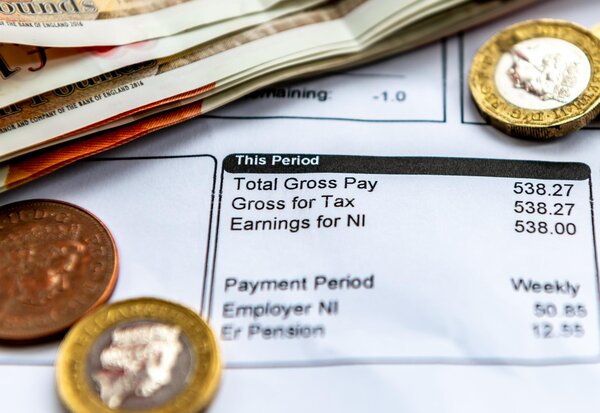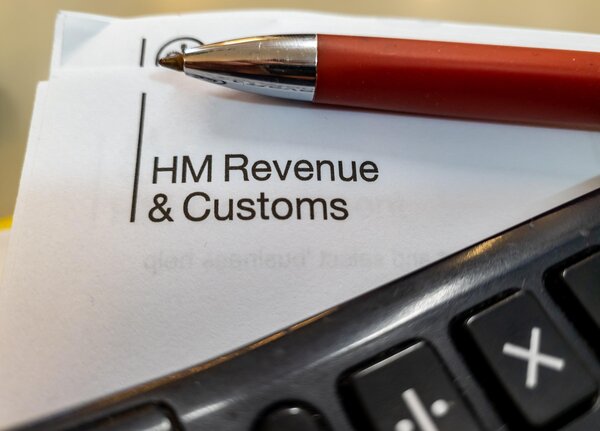Let’s Break This Down Together...
Tired of waiting to hear back from HMRC and wondering what’s taking so long? It can be frustrating when you’ve done everything right but the refund still hasn’t landed.
This article explains how long HMRC usually takes to process tax refunds, registrations, and applications, plus what can slow things down. You’ll also find out how to check your progress and when to follow up.
How Long Does HMRC Take to Process Tax Matters?
HMRC processing times are simply the gap between when you submit something and when they complete the action. This could be processing a tax refund, registering you for a service, or reviewing your tax return.
These timeframes aren’t set in stone. They change based on how busy HMRC is, staff numbers, and sometimes system updates. The complexity of the tax system and a high volume of submissions can also significantly impact processing times, often leading to delays when HMRC is dealing with large numbers of claims.
While HMRC does publish target times, what actually happens can be quite different. Published estimates may not always reflect real-world delays, leading to concerns about service standards and the reliability of the process.
More complex cases naturally take longer. Increased complexity and the need for additional guidance from HMRC can further extend processing times, especially when manual intervention is required.
Processing times differ from how long they take to answer your phone call or reply to an email. Last year, I spent 47 minutes on hold only to be told my refund was “in the system”. This highlights the challenges of dealing with HMRC and the importance of clear guidance for taxpayers navigating these processes.
Current Tax Refund Processing Timeframes
If you’re waiting for a self assessment refund, current processing times are typically around 5-6 weeks from submission. This can be longer during busy periods like late January and February.
PAYE refunds are typically faster, with most processed within 2-3 weeks after HMRC receives your claim. Many straightforward cases are completed even sooner.
VAT-registered businesses can expect repayments within 30 days, though many are processed within 10 working days if everything’s in order. However, delays in repayment can impact access to funds for small businesses, making cash flow management more challenging.
For companies, Corporation Tax refunds generally take 4-6 weeks to land in your account. Refund requests for overpaid national insurance or tax credits may take longer, especially for small businesses, as HMRC may require additional checks or information.
Under the Construction Industry Scheme (CIS), contractors and subcontractors depend on timely processing of CIS refunds. Delays in CIS repayments can be critical for cash flow, particularly for small businesses in the construction sector, as they rely on prompt access to funds to meet ongoing expenses.
For R&D tax credits, claimants should be aware that SME claims are usually processed within 6-8 weeks, but RDEC claims often take longer, with no standard guideline, typically between 1 to 2 months. Timely access to funds from tax credits is essential for innovation, and delays can hinder investment and development activities.
Overall, timely refunds and repayments are critical for small businesses and contractors, as delays can significantly impact financial stability and operations.

Factors Affecting Your Processing Time
The biggest cause of delays is missing or incorrect information. Double-check everything before hitting submit to avoid unnecessary waiting.
January is HMRC’s busiest month due to Self Assessment deadlines. Processing times can double during this period as millions of returns flood in.
Online submissions almost always process faster than paper forms. Going digital can save you weeks of waiting and provides better tracking options.
Large refund claims often trigger automatic security checks. These additional reviews can add days or weeks to standard processing times.
Increased scrutiny is common for R&D claims, making it essential to ensure compliance with HMRC regulations to avoid further delays or inquiries.
Complex tax affairs typically need manual review by HMRC staff. If your situation involves multiple income sources, projects, or unusual circumstances, expect longer waits. In such cases, having a team of experienced accountants can help manage your claims and ensure compliance with all requirements.
How to Check Your Processing Status
The Government Gateway is your first stop for checking status updates on digital submissions. Log in regularly to see if there are any changes. You can also check the response status of submitted claims or returns and manage any queries through the online service.
The HMRC app provides real-time updates for many services. It’s often faster than the website and more convenient for quick checks.
If you need to call, be prepared to wait 15-20 minutes during busy periods. Early morning calls (8-9am) often have shorter wait times.
Online chat support through the HMRC website can be quicker for simple status checks. Have your reference numbers ready before starting the chat.
Always have your reference numbers handy when making contact. This speeds things up considerably and helps staff locate your information quickly.
Expediting HMRC Processing Times
Submit everything online whenever possible. Paper forms can add weeks to processing times and lack the tracking benefits of digital submissions.
Check, double-check, and triple-check your information before submitting. A single error can cause significant delays and potential complications.
If HMRC requests additional information, respond as quickly as you can. Prompt replies help claimants by keeping their requests active and make dealing with HMRC more efficient, reducing the risk of further delays.
For urgent cases involving financial hardship, mention this when contacting HMRC. They may be able to prioritise your case if you’re facing genuine difficulties.

Final Thoughts
HMRC processing times vary throughout the year and can be frustrating when you're waiting for money or confirmation. Setting realistic expectations helps reduce stress.
The best approach is always to submit early, provide complete information, and use digital channels where possible. This strategy minimises potential delays.
Remember that HMRC deals with millions of submissions each year. Patience is key, but knowing your rights and checking status updates regularly is equally important.
Planning your finances around realistic timeframes rather than best-case scenarios will help avoid disappointment. Allow extra time during peak periods.
Simplifying HMRC Processing Times
Getting your tax refund shouldn't feel like solving a puzzle blindfolded in a maze. Our smart system flags potential errors before submission, tackling the number one cause of HMRC processing delays. This preventative approach saves weeks of waiting time.
Our tax assistants can help you directly contact HMRC for any information required on your self-assessment.
Fancy seeing how it works? Take a peek at the Pie app and discover a less stressful way to handle your tax affairs.











